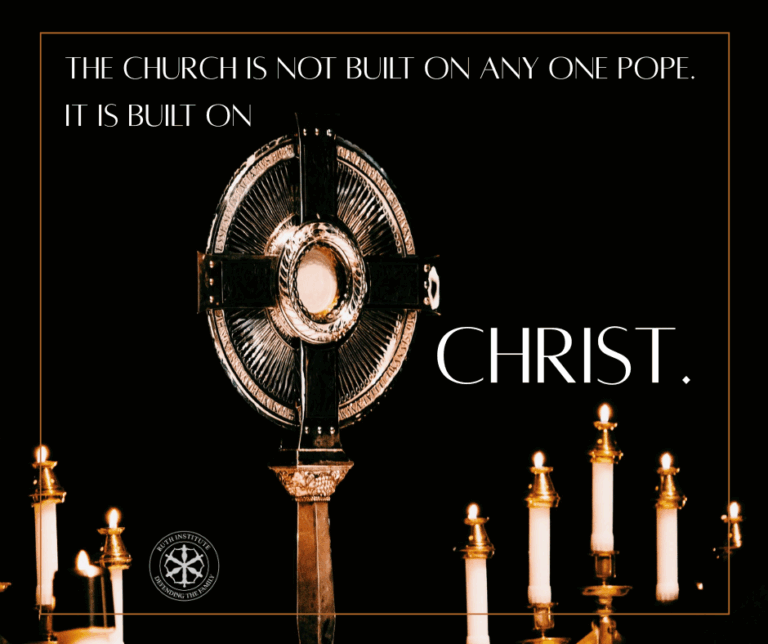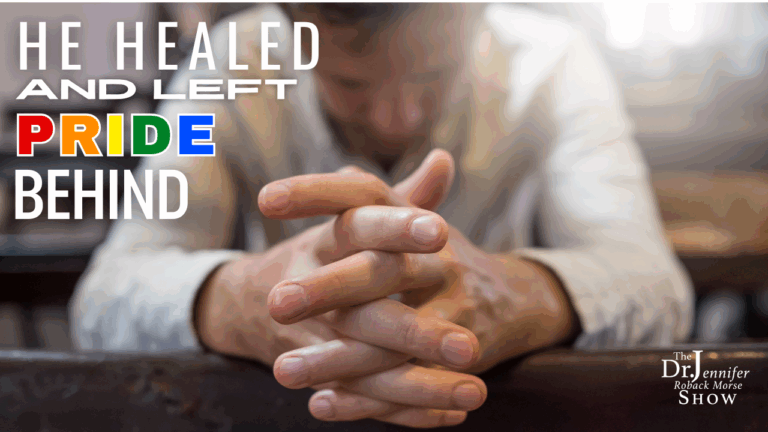The Libertarian Party of Minnesota has taken a position on the proposal to place a marriage amendment on the ballot for the voters of Minnesota. I am taking the time to rebut this paragraph because this kind of argument has become all too common, even among those who have every desire and intention to expand the scope of government. You might think this would give Libertarians pause, but, that is another story.
Here is what the LPMN has to say:
The proposed Gay Marriage Ban would expand government control and restrict the freedom of consenting adults to live their own lives as they choose. Libertarians believe that marriage is a private matter between individuals. We believe that marriage is a fundamental human right, and that all personal relationships, including marriage, should be at the sole discretion and agreement of the individuals involved, as well as any family, friends, or religious institutions they may choose to involve. Government has no business restricting or interfering with marriage. This ban would create a caste system by dividing society into two classes: those who are permitted to marry, and those who are not.
Let’s start at the beginning:
The proposed Gay Marriage Ban would expand government control and restrict the freedom of consenting adults to live their own lives as they choose. Actually, affirming that marriage is the union of a man and a woman does not affect anyone’s ability to “live as they choose.” It affects people’s qualifications for the rights and responsibilities associated with a social and public institution. Same sex couples can live together, invest and spend money together, probably share parenting, and of course, do anything they want in their bedrooms.
Libertarians believe that marriage is a private matter between individuals. This statement has multiple meanings, and so is nearly meaningless. Of course, the vast majority of everything every married couple does inside their marriage is completely private and none of anyone’s business. However, that is not the subject of the debate. The subject of the debate is what the public or social institution of marriage is and ought to be, and in fact, whether there should even be such a thing as a public or social institution of marriage.
We believe that marriage is a fundamental human right, How can you believe that, if you don’t know what marriage is, or why we need it in the first place? The essential public purpose of marriage is to attach mothers and fathers to their children and to one another. Marriage exists to protect the legitimate interests of children, who cannot protect their own interests. Without this public purpose, we wouldn’t need marriage at all. And that is why marriage is more than a collection of individuals, and why family law is not simply a subset of property and contract law. Alas, poor libertarians: they don’t know how to think without a contract metaphor.
We believe all personal relationships, including marriage, should be at the sole discretion and agreement of the individuals involved… What does this statement even mean? No one is forced to get married. And if you and your friend agree to call yourselves married, does that impose an obligation on me to agree that your relationship is a marriage? What if I don’t want to? The issue at stake in the marriage debate is precisely the issue of what other people are required to recognize about your relationship.
…as well as any family, friends, or religious institutions they may choose to involve. So, according to this statement, if I don’t choose to be involved with your personal relationship, and I choose not to call it a marriage or treat it as a marriage, you would have no problem with that. I somehow doubt that the partisans of redefining marriage would accept “privatizing marriage” at this level. What is the libertarian position on this?
Government has no business restricting or interfering with marriage. I actually agree that marriage is a pre-political social institution that government has no right to interfere with. I would add that the government has no right to change or redefine the core meaning and features of marriage. Mother, father, child, are natural realities that the government should respect, and merely record, not try to create or redefine. If your idea here is that the government should get out of the marriage business altogether, I don’t think that is a coherent or even possible position, for reasons I have spelled out elsewhere.
This ban would create a caste system by dividing society into two classes: those who are permitted to marry, and those who are not. This is frankly an idiotic thing to say. No one has an absolute right to marry at all, much less the right to marry the person of their choice. Everyone can marry on exactly the same terms: find a willing partner, of the opposite sex, above the age of consent, who is not already married or have some other impediment to marriage. Unmarried persons are not a separate caste. This is overheated rhetoric, designed to limit careful thought, rather than enhance it.
Supporting same sex marriage is not the only possible libertarian position. In fact, I think the proper position for those who want minimum government, is to preserve the natural pre-political definition of marriage, which has the capacity to create social order with minimal interference by and support from the State. But that is a subject for another post.



